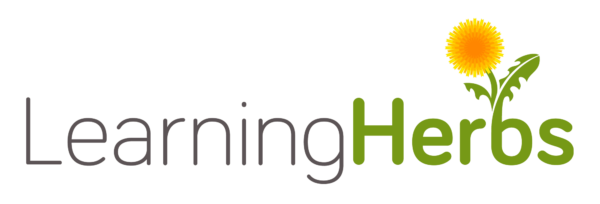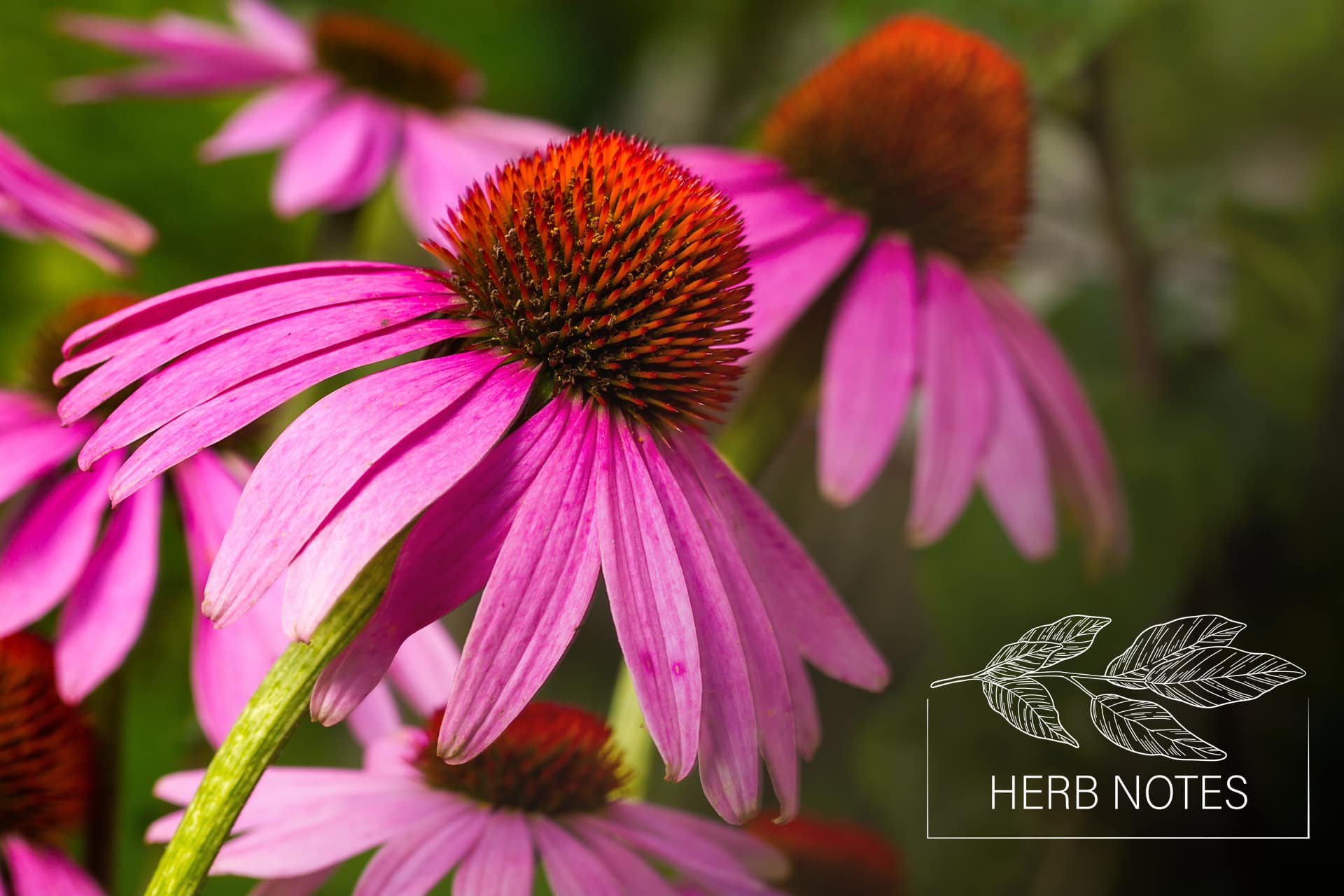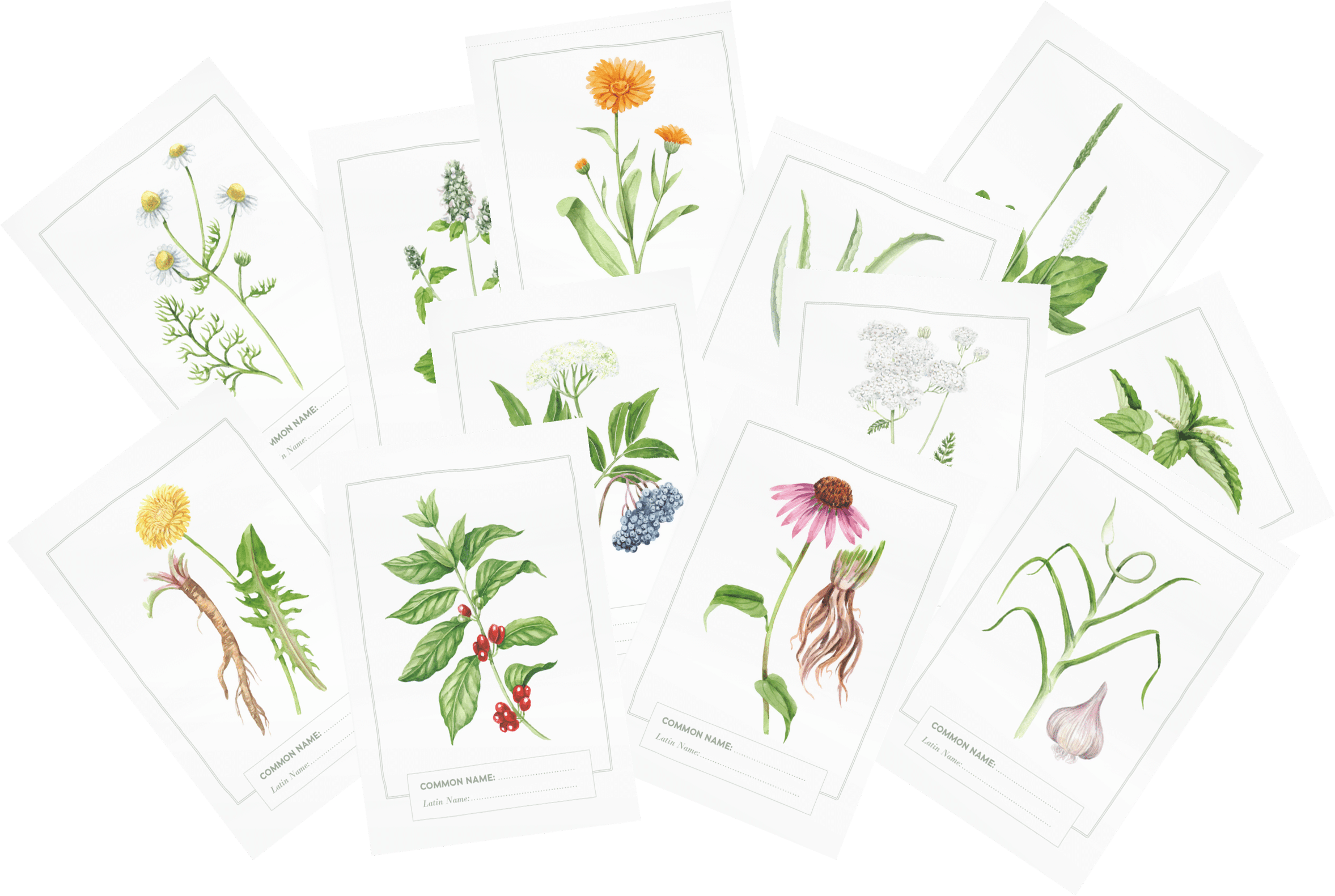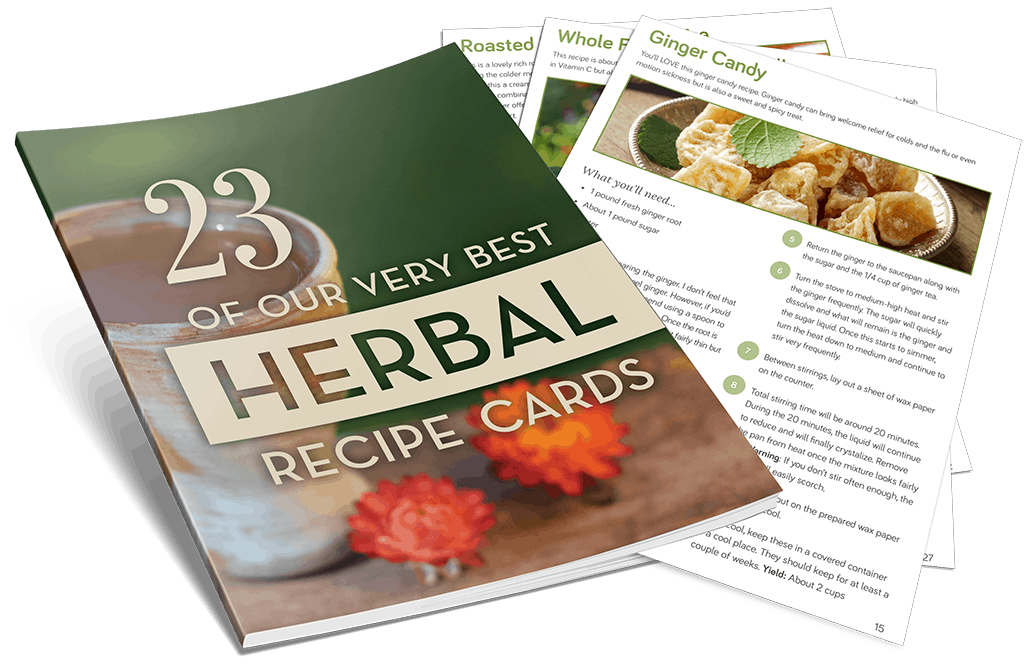Oh echinacea, how I love thee! This beautiful plant, also known as purple coneflower, not only supports pollinators with its abundant blooms but also offers many benefits for us humans too. Echinacea (Echinacea angustifolia, E. purpurea) is most well-known for helping to address colds and flu, but its gifts go far beyond internal immune support.
Want to learn more about the gifts of echinacea?
Let’s dive into three key health benefits of echinacea…
1. Echinacea for Common Cold & Flu
As an immune stimulant, echinacea can help address symptoms associated with colds and flu like sore throat. At the onset of a cold, I often take echinacea tincture or drink the tea to help support my immune system. When working with echinacea I use the whole echinacea plant (the roots, leaves, and flowers) to support my body.
I tend to reach for echinacea in more acute situations, and then if I’m looking for an herb to help bolster my immune health over time, I usually opt for elderberry or astragalus.
2. Echinacea for Mild Wounds
Echinacea is an antimicrobial herb, so I often apply it to little scrapes and cuts to help support my skin’s healing process. For external usage I usually create a topical echinacea fomentation with an echinacea decoction. A fomentation is a piece of cloth soaked in the tea of an herb, and a decoction is an herbal tea that has been prepared by extended simmering. Decoctions are typically made from hardier plant materials like roots, barks, and berries that can necessitate more heat to extract their constituents.
3. Echinacea for Recurring Acne
Just as echinacea can help support the skin’s healing process from wounds, echinacea can also help address some skin conditions like recurring acne. This is due not only to echinacea’s antimicrobial properties but also the effects it has on the lymphatic system: echinacea is a lymphagogue that can help promote lymphatic drainage within the body. Lymphatic drainage helps the body remove metabolic waste that can sometimes manifest as skin issues.
Want to Learn More About The Benefits of Echinacea?
Now that you’ve learned a little bit about the health benefits of echinacea, you might be wondering how you can learn more about the medicinal properties of this powerful plant.
Well, here’s the easy way to get more info about echinacea: download a FREE deck of our top 12 Herb Notes here. You’ll learn all about the medicinal properties of echinacea plus 11 other common herbs like elderberry, dandelion, and more.
PS… And before I go, I couldn’t help but answer a few frequently asked questions about echinacea..
Who should not take echinacea?
As Rosalee de la Forêt notes in our Echinacea Plant Profile on HerbMentor, “There is conflicting evidence that Echinacea may adversely affect people with autoimmune conditions. If someone has an autoimmune condition it will be safest to avoid this herb or to consult an herbalist to assess their individualized needs.”1
How do I prepare echinacea as an herbal remedy?
There are a variety of different echinacea preparations that can be selected depending on what someone wants to work with it for. I have echinacea tincture and the dried leaf, root, and flower in my apothecary. When needed, this allows me to take the tincture and also prepare a variety of remedies with the raw herb: teas, fomentations, washes, and more.
Is echinacea endangered?
Echinacea (Echinacea angustifolia, E. purpurea) is endemic to North America, and it is on United Plant Savers At-Risk list. This is due to a combination of over harvesting and habitat loss due to more agricultural expansion in prairie regions. So, if you’re interested in working with echinacea, I recommend either growing your own or only sourcing echinacea that has been cultivated rather than wild harvested.









